Expert Trader 93 Trading Lessons of Richard Wyckoff
$11.83
| Author(s) | |
|---|---|
| Format |
|
| Pages |
103 |
| Published Date |
2014 |
Richard Wyckoff (1873-1934) was an immensely successful trader (‘stock operator’) speculating in the early 1900s. What made him different was not just his unprecedented success, but his ability to understand and explain the complex nature of the markets in a way that made sense. If he saw farther than others, it was because he ‘standing on the shoulders of giants’. Wyckoff built on the work of Livermore, Keene, Morgan, and other wealthy speculators. Fortunately, Wyckoff was not stingy in sharing his insights. He had much to say about expert trading, as he devoted the latter part of his life to writing and lecturing. The present volume summarizes his best lessons. As are the insights of Jesse Livermore, Wyckoff’s wisdom is timeless. While reading and thinking about Wyckoff’s trading approach, one gets the distinct impression that he was the real deal, that he ‘got it’. His wealth confirmed that.
Wyckoff put much emphasis on ‘tape reading’. By that, Wyckoff meant what we mean today by watching ‘price action’, the fluctuations of prices up and down, combined with paying attention to the order flow (level 2). In case you do not get to read the whole book, I have put the most crucial lessons at the beginning. How did Wyckoff operate? What approach worked for him? How did he trade? What does it mean to be an expert? I have focussed on Wyckoff’s practical trading advice as opposed his more theoretical views that are outlined elsewhere (‘composite operator’…etc.). It is hard to imagine not having one’s trading enriched by practical insights and tips of one of the best traders of all time. Wyckoff was one of the most successful traders of all time, a true market wizard. Expert Trader shares and dissects the most crucial of his trading insights:
- How to Find an Edge
- Is There a Trading Formula?
- Why Trading Cannot Be Reduced to Simple Rules
- How to Develop Competence
- First Requirement of Success
- Second Requirement of Success
- The Essence of Trading
- Look for Minimum Risk Points
- Questions to Ask Yourself
- Trading Method Outline
- Wyckoff’s Trade Management
- Take a Free Position
- Selective Day Trading
- Wait for Wide Swings
- Distinguishing Pullbacks from a Change in Trend
- One Man’s Meat
- Pitfalls
- The Sixth Sense in Trading
- The Power of Commitment
- The Prince of Floor Traders
- Keene
- How Success Happens
- Full Time Learning from Mistakes
- What Trading is Not
- Inertia
- Manipulation Not a Problem
- Advantage Over Big Traders
- The Trading Objective
- Before, During, and After the Trade
- The Ideal Work Environment
- How Money is Made
- Trading Driven by Psychological Needs
- Start with Minimum Size
- Start Right or Not at All
- Entering at the Right Time
- Get On!
- Specialize
- What to Trade
- Interdependence
- On Break Even Trades
- Expert
- Always Have a Stop
- Trailing Stops
- How to Manage an Open Trade
- The Importance of Immediate Trend
- Stay Out of Quiet Markets
- Strong, High Momentum Moves
- Never Move Your Stop
- Never Average a Loser
- Gun for Absolute Profits
- Four Reasons to Close a Trade
- Volume As a Crucial Indicator
- How to Evaluate Volume
- Price Factors Everything
- Strength and Volume
- Don’t Enter after Prolonged Moves
- Chances Decrease as Move Continues
- Day Trading Is Fine, But…
- The Use of Market Cycles in Wyckoff’s Day
- Getting to the Bottom of Things
- No One Knows
- How to Anticipate Big Moves
- Scalping
- Developing Subconscious Competence
- Discretionary Trading
- Charting and Hindsight Bias
- Proper Use of Charts
- Wide Vision
- Local Trends vs. General Trends
- Identifying Trend, Range, Accumulation, and Distribution
- Discard All Mechanical Helps
- Watching One Market Insufficient
- Market Absorption
- Range Does Not Mean Reversal
- Document All Trades
- Professional Losses Are Tiny
- Big Swings and Large Volumes
- What is the ‘Best’ Trading Style?
- Trading As a Profession
- Day Trading vs. Swing Trading
- Can’t Tell How Far
- Wait for a Breakout
- Re-enter On a Pullback
- Use Volume on Breakout
- How to Move Your Stop
- Playing Dominoes
- No Trend, No Trade
- Impaired Trading
- Tired, Hungry, Horny, or Upset
- The Foundation of Strong Trading Psychology
- One Idea into a Method
- On Trading “Teachers”
- Forming a Trading Character
Expert Trader 93 Trading Lessons of Richard Wyckoff By Frank Marshall pdf
9 reviews for Expert Trader 93 Trading Lessons of Richard Wyckoff
Clear filtersOnly logged in customers who have purchased this product may leave a review.



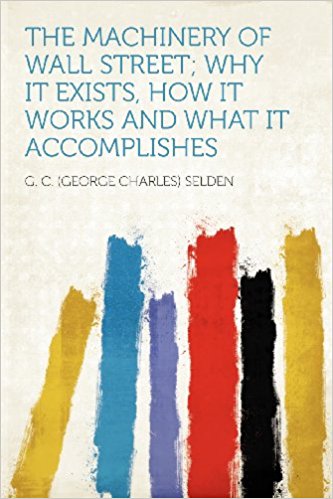
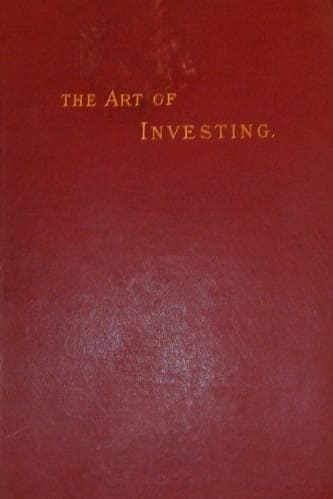
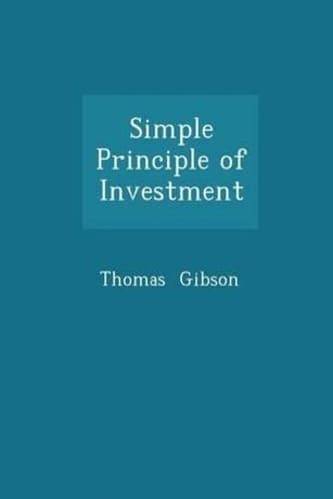
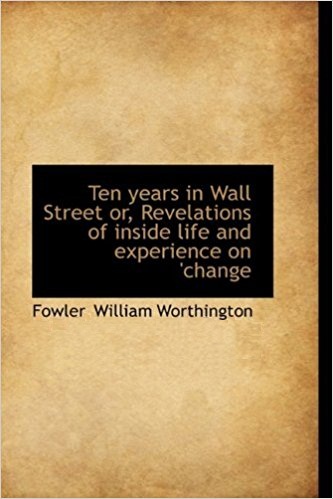
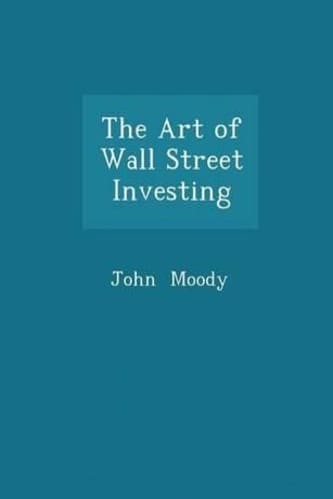

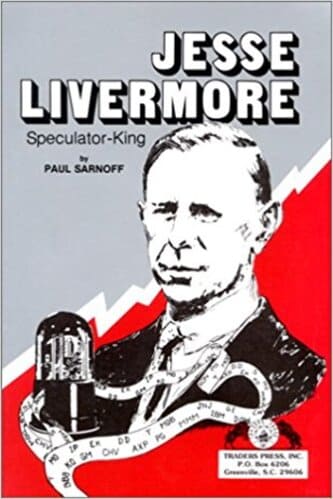
Braylen Friedman (verified owner) –
For those of you who don’t want to read Wyckoff in the original, it’s an honest, well-commented, cheaply compilation. It is worth reading, but obviously it does not replace the indispensable study of Wyckoff’s original work.
Princess Frank (verified owner) –
Richard Wyckoff was a successful investor at the beginning of the last century and the lessons left by him are valid to this day. It’s the basis for every trader.
Bowen Browning (verified owner) –
Good basic knowledge for a newby. Will keep your basic traing on course and maybe broaden your knowledge a little. I will not make you competitive in todays environment. Maybe some of the old factors that you still need to know will keep you grounded. Baby steps are necessary if you don’t have anybody watching over your shoulder now days. In todays high speed environment, there are many many ways to lose money. If you are young it is very easy to think that those fast money tactics will be the ticket to a fantastic future, and the turtle is still going to win the race.
Titus Hancock (verified owner) –
this book states old well known truths from wyckoff perspective.
market can’t be measured and predicted to exact digits. it maybe useful for a beginner, just to understand what a beast the market is.
it is a short read and pretty direct. good for all newbies just to understand who they deal with.
no specific strategy presented here, rather common old tested truths
Quinton Vu (verified owner) –
93 sentences bundled up to create a “book”
Katelyn Callahan (verified owner) –
Not as I expected! This book only contain some summary text regarding Wickoff trading philosophy. It does not tell me anything new. I can learn much better information with other books freely available online or with lesser cost. It’s not worth my one cent. My mistake because I thought I can’t lose because it only costs a few dollar. I am wrong 🙁 … again.
Zaylee Fuentes (verified owner) –
This was the first book by Frank Marshall I’ve ever read, and I liked it very much. I’m in the learning stages of day trading and appreciate the perspective of a seasoned trader after decades of trading. As a beginner myself, I think it’s important to learn about important traders of the past and their methods, if for no other reason than to learn more about where the best practices of today came from.
Aspyn Rhodes (verified owner) –
Great trading info by a true legend
Kimora Frost (verified owner) –
Every trader can learn something new! I loved it. Good insight from a legendary trader who shares his passion for trading.